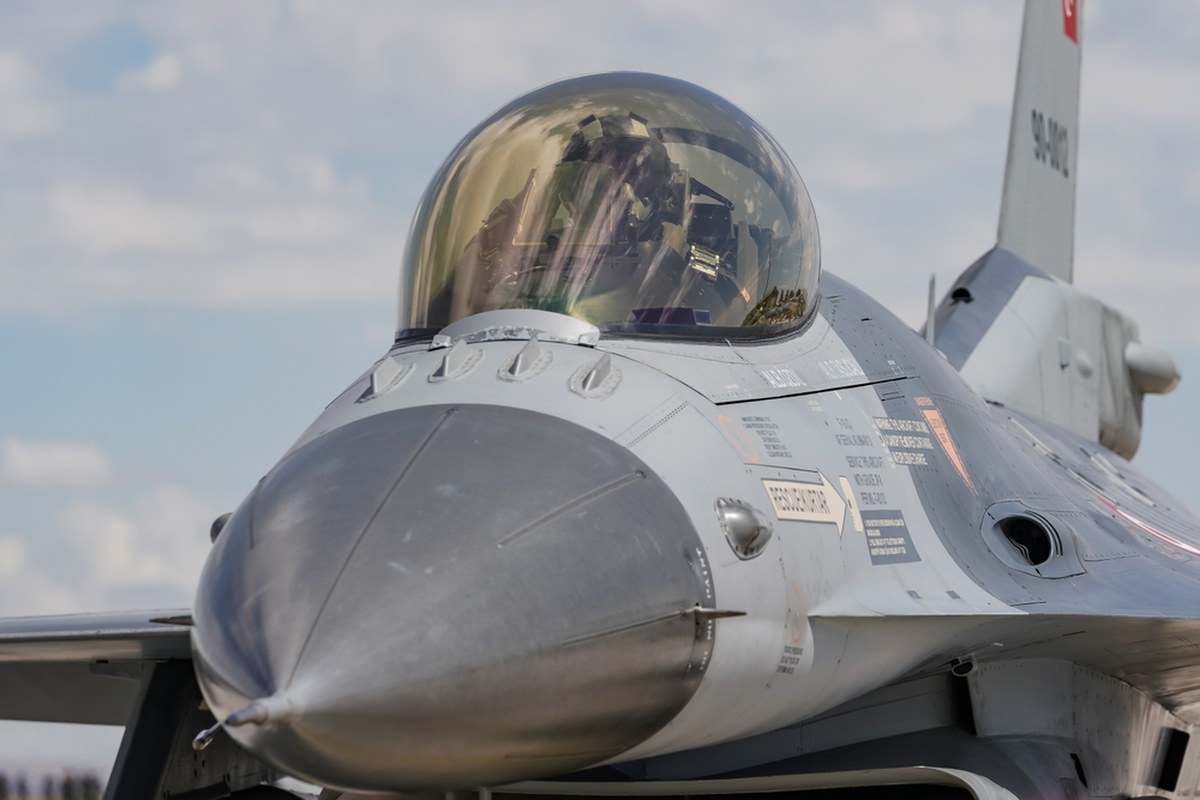BBC Chairman Samir Shah has admitted the corporation was too slow in responding to a Panorama documentary that selectively edited US President Donald Trump's January 6, 2021 speech. The admission came as MPs grilled BBC leaders over a leaked memo that sparked a major impartiality crisis, leading to two senior resignations and a threatened $5 billion lawsuit from Trump.
Shah told the Culture, Media and Sport Committee on Monday the BBC should have acted months earlier on concerns about the edit. The Panorama episode, broadcast a week before the 2024 US election, spliced Trump's speech to make it appear he told supporters to walk to the Capitol and "fight like hell" - creating what Shah later called "the impression of a direct call for violent action."
The controversy erupted when former BBC adviser Michael Prescott leaked a damning memo to regulators and the government. It took nearly a week for the BBC to issue an apology after the memo became public.
Shah defends delay
Shah explained the prolonged response time: "I needed to understand what went wrong and to get the right answer. Getting the right answer is really important." He told MPs the apology required thorough investigation. "This is a very, very important error, and I needed to make sure that what I was apologising for was fully sourced and fully right. It needed to be right, and it took its time."
But he acknowledged systemic issues with the BBC's response speed: "Why do we not do it quickly enough? Why do we take so much time? And this was another illustration of that." Looking back, Shah said the decision should have been made "in May, as it happens."
Prescott explains leaked memo
Prescott, who served three years on the BBC's editorial standards committee, defended his decision to write the memo. "At the most fundamental level I wrote that memo, let me be clear, because I am a strong supporter of the BBC," he told MPs.
He described witnessing mounting problems: "What troubled me was that during my three years on the BBC standards committee, we kept seeing incipient problems which I thought were not being tackled properly, and indeed I thought the problems were getting worse."
Prescott insisted his concerns were not politically motivated: "There was no ideology at play, no party politics." He added: "If it had found that had been Kamala Harris misrepresented, not Donald Trump, I would have acted in exactly the same way." Describing himself as a "centrist dad," Prescott said he does not believe the BBC is institutionally biased.
Resignations and board divisions
The crisis claimed two senior figures. BBC Director-General Tim Davie and News Chief Deborah Turness both resigned during the period Shah investigated the complaint. Shah told the committee he "spent a great deal of time" trying to stop Davie from resigning. "I do not think the director-general should have resigned," he said. "The board wishes that the director-general had not resigned. He had our full confidence throughout."
BBC board member Caroline Thomsen revealed sharp internal divisions over how to respond. "There was a continuing and sharp difference of opinion between the chairman and me and others on the board, with the director of news about whether we were going to apologise just for the edit or whether the impact of the edit had given a misleading impression. We felt that it had," she told MPs.
Legal threat and investigation
Trump has threatened to sue the BBC for between $1 billion and $5 billion despite the apology. The US Federal Communications Commission has launched an investigation. A job advert for the BBC director-general role has since gone live on the corporation's careers website.
Note: This article was created with Artificial Intelligence (AI).








